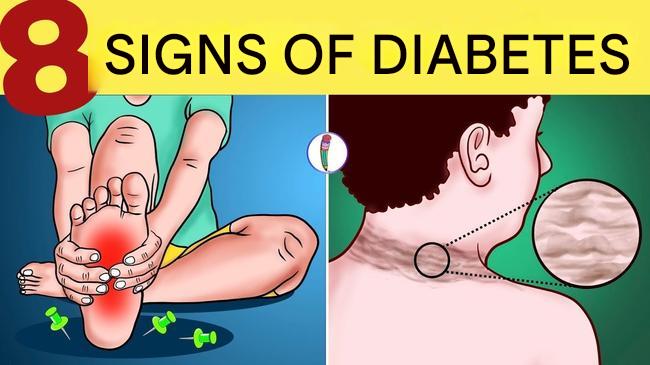Diabetes has long been considered a disease that only older people should be wary of, but the significant changes in our eating habits and lifestyles have seen diabetes spread at high speed, affecting even the youngest today. In France, 3.5 million people suffer from diabetes.
Diabetes occurs when sugar remains in the blood and is eliminated in the urine. Normally, sugar should be stored in our cells to be used as a subsequent source of energy, but if our body does not produce enough insulin, the hormone responsible for storing energy, the sugar remains in the blood and eventually being eliminated via urine.
It’s not something that happens overnight. Even if the diagnosis of diabetes occurs around the age of 50, it is often due to a gradual deterioration in blood glucose control caused by cumulative lifestyle and eating habits between the ages of 20 and 40. Diabetes usually has different symptoms before they occur, but many people do not recognize them and neglect them, allowing diabetes to progress. It is therefore essential to quickly detect signals indicating the presence or progression of diabetes in our bodies in order to be able to consult a doctor.
The first signs of diabetes
Skin problems
Diabetes can affect blood vessels and cause various skin problems. You may experience dry skin, itching or developing diabetic dermopathy characterised by hardened and rough skin on the hands and feet. Approximately 40-50% of diabetic patients may also experience brown or red spots on the arms or legs, resembling brownish scars after the healing of small wounds. These spots become more visible with the duration of diabetes. A condition called acanthosis nigricans can also develop in the folds of the skin such as the armpits, neck and groin, which is manifested by darkening of the skin.
Blurred vision
Significant changes in vision, highly blurred vision or sudden double vision should be seen as a warning sign. When diabetes is poorly controlled, there is excess sugar in the blood, thickening and hardening the blood vessels that irrigate the eye. This can lead to serious complications, such as diabetic retinopathy, and increase the risk of blindness.
The following page continuation
